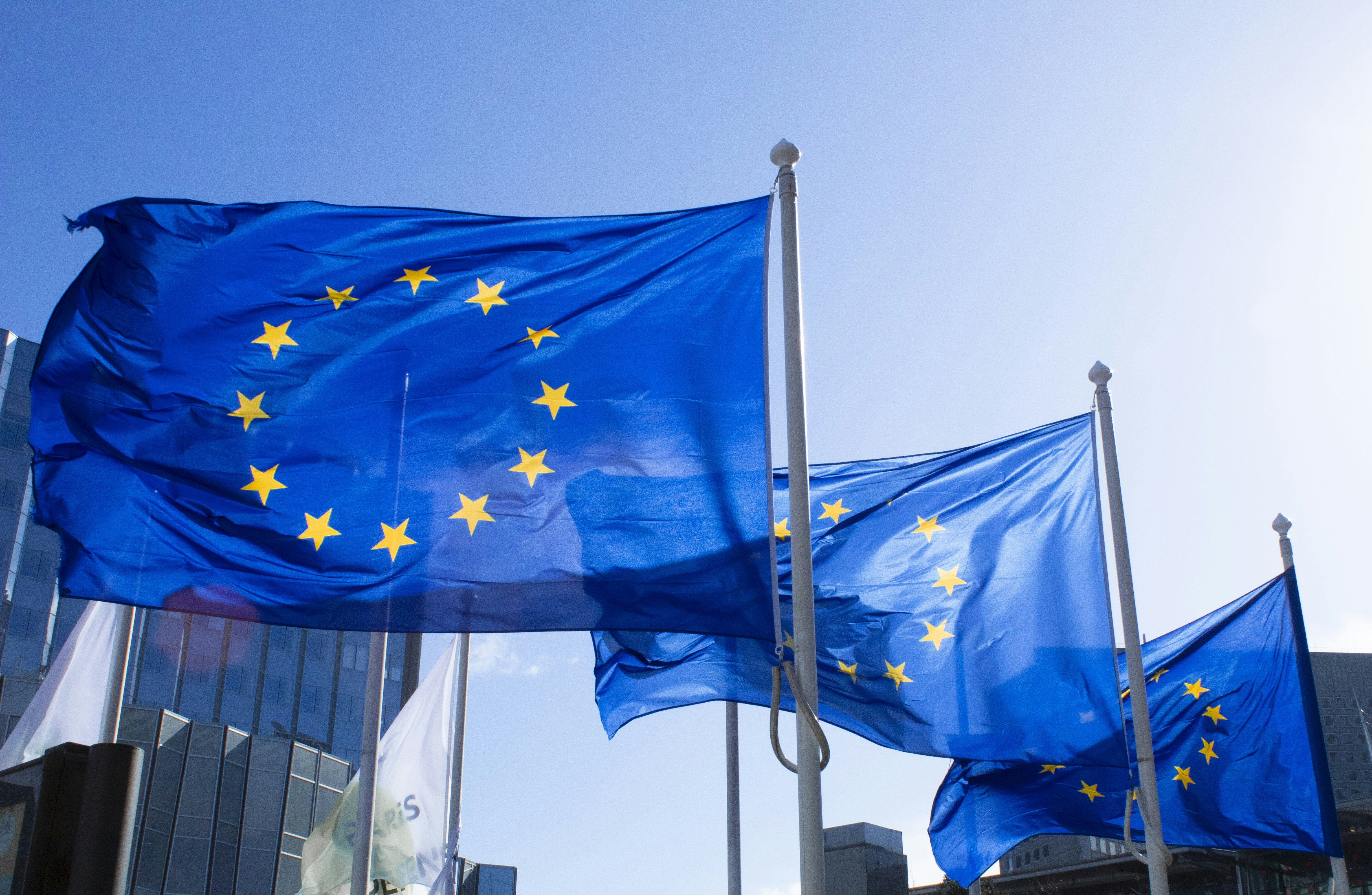A major milestone for the recognition of D-WISEs as alternative employment models for persons with disabilities
09 May 2025
On 16 April 2025, the European Commission published its long-awaited Study on Alternative Employment Models for Persons with Disabilities. This study, part of the Disability Employment Package introduced by the Commission in 2022, offers a comprehensive review of current practices across a wide range of alternative employment models for persons with disabilities.
The D-WISE Network, as well as all its members, see the Study as a promising tool to shed light on the different types of employment for persons with disabilities other than the open labour market. The Study, along with the definitions it provides, should help assess the different options and gain further policy and regulatory recognition for those models aligned with the UN Convention on the Rights for Persons with Disabilities (UN CRPD).
In this regard, the D-WISE Network supports the recognition given to Work Integration Social Enterprises (WISEs) in the Study, as well as the acknowledgement of our own organization as a relevant stakeholder in that space. We appreciate the emphasis made on the social economy nature – as defined by the European Commission – of WISEs, establishing clear differences with work integration for profit enterprises. The Study clearly states that WISEs pursue social objectives – namely the employment of persons with disabilities – over making profit for owners and shareholders.
At the same time, the Study stresses the involvement of persons with disabilities in the different aspects of WISEs, which assume an open and responsible management. The participatory nature of D-WISEs management model is very much in line with some aspects raised in General Comment n. 8 to the UN CRPD. Furthermore, the Study provides interesting new elements for the definition of segregated employment, which is defined not only by quantitative indicators (i.e. % of persons with disabilities employed) but rather more by qualitative aspects (i.e. participation of persons with disabilities across areas of the company). These elements based on the alignment of the D-WISE model with the UN CRPD, since:
- CRPD General Comment No. 8 gives special status to sheltered employment organisations managed and led by persons with disabilities, or at least “jointly owned [between persons with and without disabilities] and democratically controlled”.
- On the basis of General Comment No. 8, such organisations do not need to be considered segregated employment “if they provide just and favorable conditions of work on an equal basis with others”. This reflects acknowledgement of the fact that many persons with disabilities voice preference for working in sheltered workshops rather than in more open settings.
The D-WISE Network also agrees with the linking of the definition of disability WISEs with those sheltered employment facilities that offer fair and good quality employment for persons with disabilities. Beyond formalizing the disability WISE model, the Study offers a promising overview of measures—spanning supply, demand, and governance perspectives—to strengthen the role and value of alternative employment models.
In this respect, the D-WISE Network particularly agrees with the references made about the value of Reserved Contracts for WISEs under Public Procurement legislation. The Study recognizes the challenges that WISEs (“vital for employing persons with disabilities”) face in terms of economic sustainability challenges due to underfunding.
Based on the evidence provided by the Study, the D-WISE Network calls on the European Commission to take these points into consideration, and to keep strengthening the social dimension of Public Procurement – including the reserve of contracts for WISEs – during the upcoming review of Directive 2014/24/EU.
The same principles should be incorporated into the next Multiannual Financial Framework. The MFF for the 2028-2034 period should provide financial support for social economy enterprises and for organisations providing quality employment for persons with disabilities, such as WISEs. The next European Social Fund Plus, as the stand-alone Fund for the consecution of social objectives, should incorporate these into its priorities.
The significance of the Study on alternative employment models extends beyond its role in defining and setting criteria for various approaches; it represents a pivotal step forward in the recognition of WISEs and similar social economy inclusive enterprises as essential contributors to the employment opportunities for persons with disabilities.
By providing a comprehensive review of existing models and emphasizing the social economy nature of Work Integration Social Enterprises (WISEs), the Study helps distinguish these entities from profit-driven enterprises, highlighting their commitment to social objectives and compliance with the UN Convention on the Rights of Persons with Disabilities (UN CRPD). The explicit acknowledgment of the active involvement of persons with disabilities in WISEs’ management and operations further reinforces the alignment of these models with international human rights standards, moving away from outdated notions of segregated employment and supporting a more inclusive labor market.
Looking ahead, the D-WISE Network urges policymakers to translate the Study’s findings into concrete policy and funding measures, particularly through the reinforcement of reserved contracts in public procurement and the integration of disability-inclusive priorities in the next Multiannual Financial Framework. The challenges identified - especially those related to economic sustainability and underfunding - require targeted action to ensure that WISEs and similar models can continue to provide quality employment opportunities. Furthermore, the European Commission should take into account the elements, definitions and conclusions of this Study when contributing to the work and responding to the observations of the UN CRPD Committee.
As the European Union updates its Disability Rights Strategy and implements the Disability Employment Package, the recognition and support of alternative employment models like D-WISEs will be essential to closing the employment gap and advancing the rights and inclusion of persons with disabilities across Europe.
Do you want to know who we are?
Lorem ipsum dolor sit amet, consectetur adipiscing elit. Quisque sem arcu, varius vel tempus in, tincidunt et felis.
Are you interested in collaborating with us?
Contact us.


